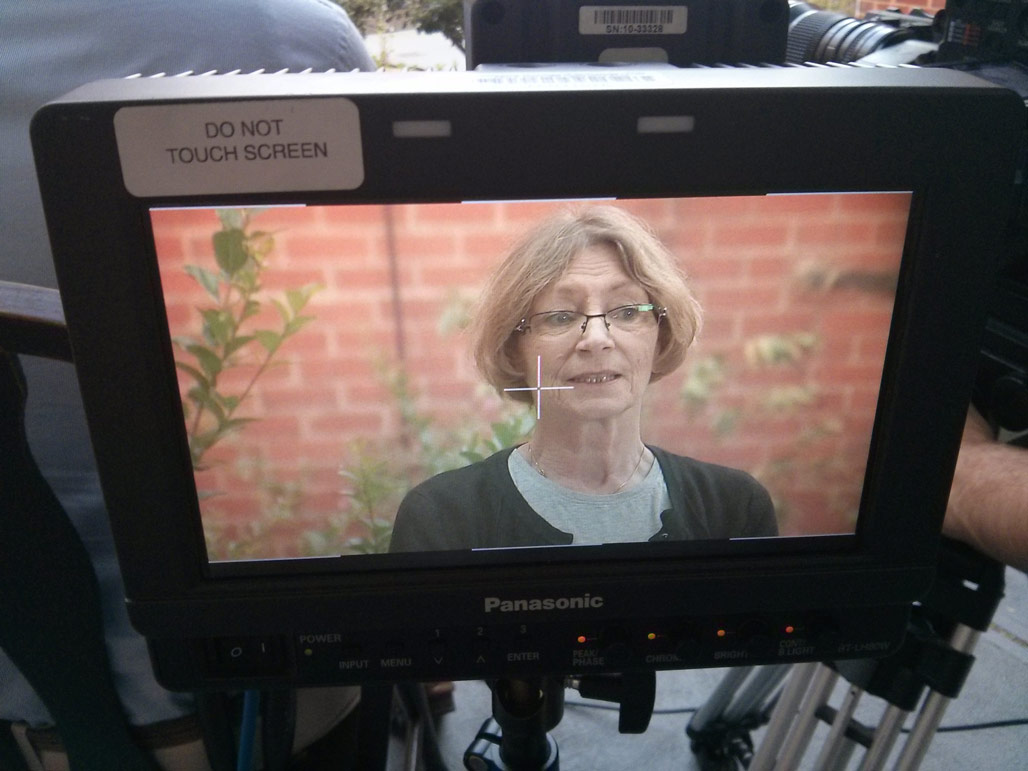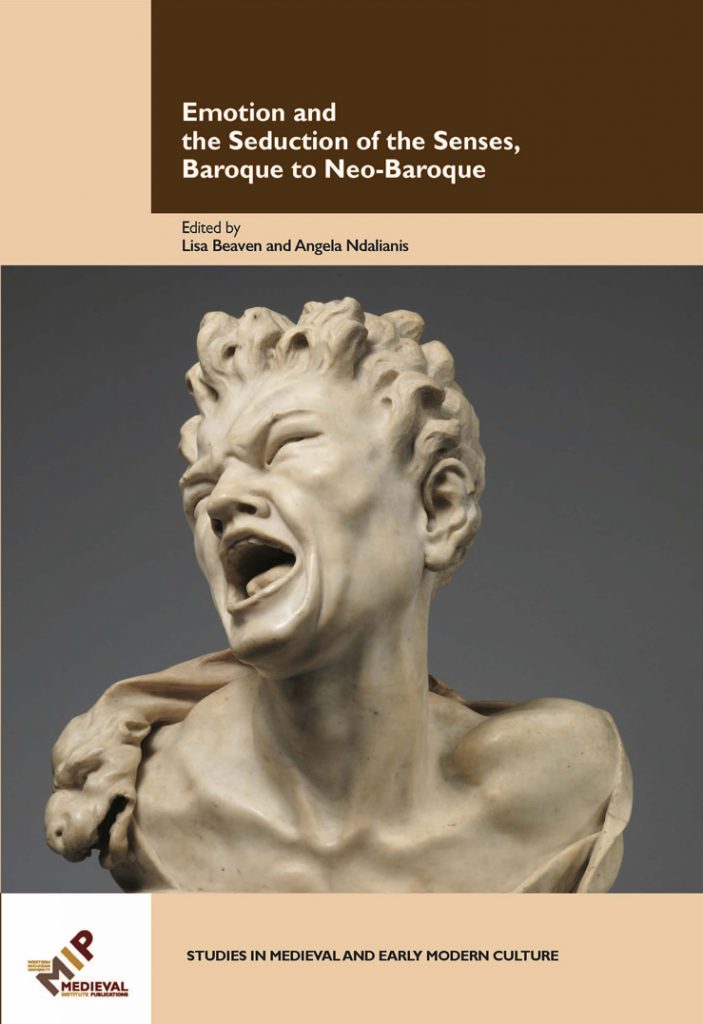
New Media, Ageing, and Migration
This research project explores an often overlooked aspect of new media and migration. Working with Melbourne’s older Irish community the project explores how older people who migrated before the availability of new media make use of digital communications technologies.
FPartners
Centre for Transformative Media Technologies
Investigators
Liam Burke

Modern Irish history has been marked by emigration, with the Global Financial Crisis prompting another mass departure. Yet, the Irish media was quick to suggest that modern expatriates will not be ‘lost’, when they can so easily be tagged, tweeted, and skyped. Liam directed the documentary short film @HOME as part of the New Media, Ageing, and Migration research team, which he leads. The film was screened in competition at a number of international film festivals and was broadcast on Irish television.
This documentary short film focuses on those Irish people who moved to Australia before the availability of new media. Stretching back to the 1940s @HOME provides a loving portrait of those brave emigrants who moved to the other side of the world when contact with Ireland was limited to occasional letters and a phone call once a year.
Featuring groups such as Comhaltas Ceoltóirí Éireann, Cumann Gaeilge na hAstraile, and the Irish Australian Athletic Association, this documentary follows these older migrants as they engage with new media and the web as a means to narrow the distance between Ireland and Australia. From these unique stories and experiences a picture of Melbourne’s Irish community emerges, yet across each account there is a desire to connect a community whose stories have all too often gone untold.
Related Projects















